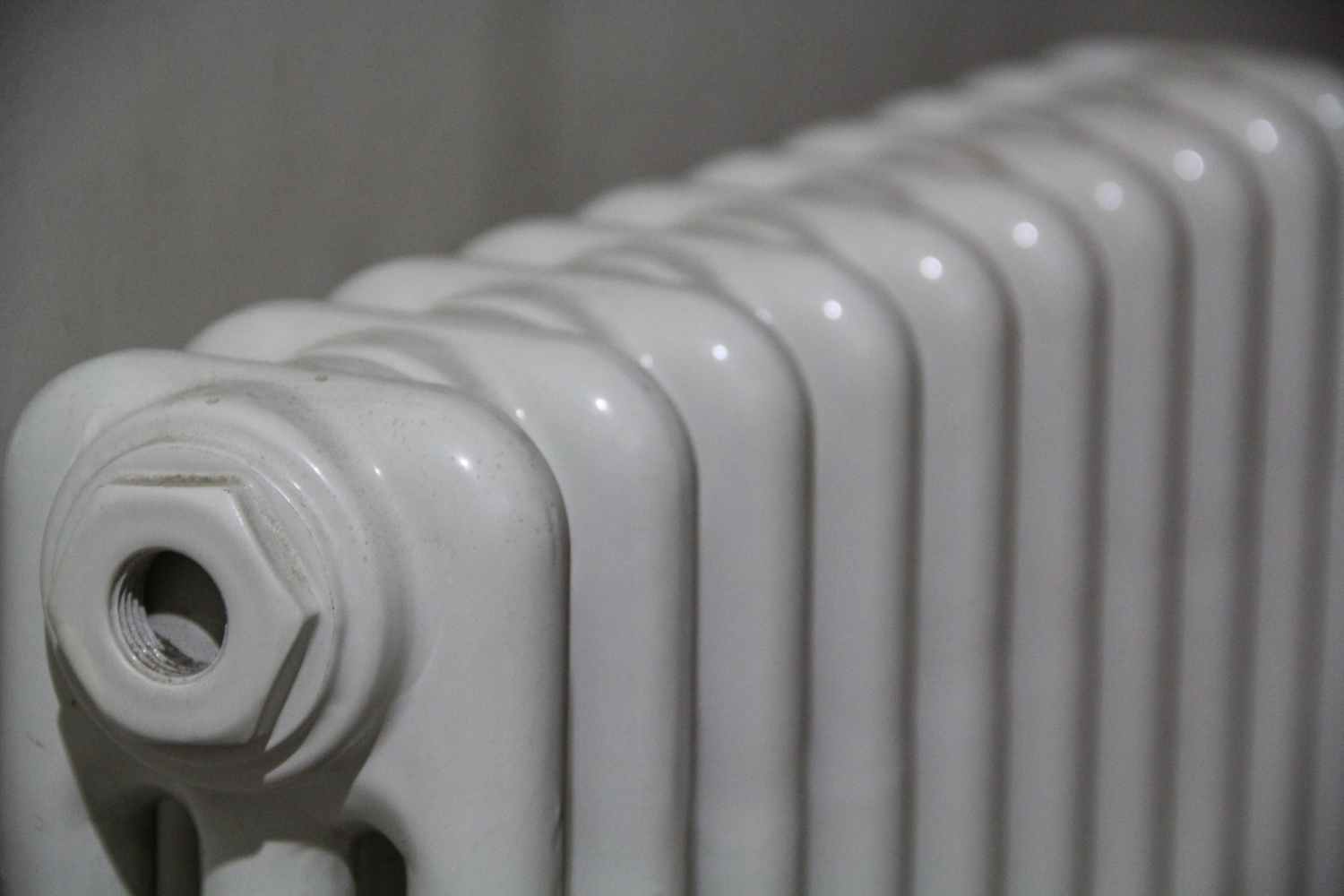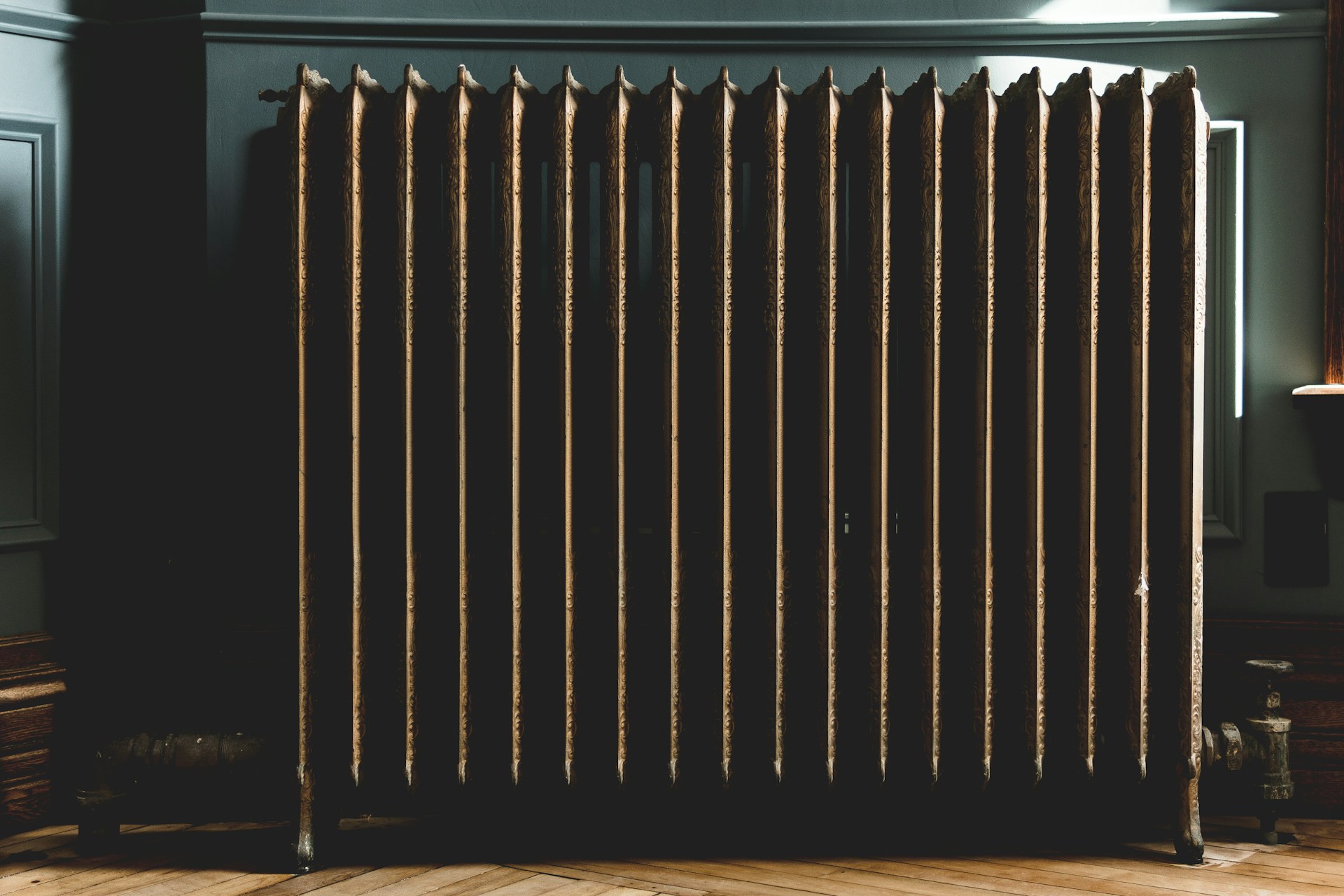Bathroom heating floor systems have gained immense popularity among homeowners looking to enhance their comfort and energy efficiency. These systems provide consistent warmth, reduce reliance on traditional heating methods, and improve overall home value. However, despite their many benefits, numerous myths and misconceptions persist, causing hesitation among homeowners considering the upgrade. Some believe that radiant floor heating is excessively costly, inefficient, or difficult to install, while others question its safety and effectiveness in wet environments. These misconceptions often lead to missed opportunities for improved home heating solutions.
In this article, we’ll take a closer look at the most common myths surrounding bathroom heating floor systems and uncover the truth behind them. By separating fact from fiction, we aim to provide you with the necessary insights to make an informed decision about incorporating radiant floor heating into your bathroom. Whether you’re renovating your home or simply looking for an energy-efficient heating alternative, understanding the realities of bathroom heating floor systems can help you determine if this modern solution is right for you.
Myth #1: Bathroom Heating Floor Systems Are Too Expensive
Reality: A Cost-Effective Long-Term Investment
One of the biggest misconceptions about bathroom heating floor systems is that they are prohibitively expensive. While the upfront installation cost may be higher than traditional heating solutions, the long-term benefits outweigh the initial investment.
Breaking Down the Costs:
Installation Costs: Modern radiant floor heating systems are more affordable than ever, with options suited to different budgets.
Energy Savings: Radiant heating is highly efficient, reducing energy consumption by evenly distributing heat.
Reduced Maintenance: Unlike traditional heating systems, radiant floor heating requires minimal maintenance, saving homeowners on future repair costs.
Thus, while the upfront cost may seem daunting, the long-term energy savings and durability of bathroom heating floor systems make them a cost-effective investment.
Myth #2: Bathroom Heating Floors Are Inefficient and Waste Energy
Reality: Superior Energy Efficiency
Another common belief is that radiant floor heating is inefficient and leads to excessive energy waste. In reality, bathroom heating floor systems are among the most energy-efficient heating solutions available.
Why They Are Efficient:
Direct Heat Transfer: Unlike forced-air systems, radiant heating warms objects and surfaces directly, reducing heat loss.
Lower Thermostat Settings: Because radiant heating evenly distributes warmth, users can lower their thermostats while maintaining comfort.
Zoned Heating Capabilities: Many systems allow zoning, meaning you can heat only the bathroom instead of the entire house, reducing energy consumption.
With their ability to provide consistent warmth at lower temperatures, these systems significantly reduce energy bills and environmental impact.
Myth #3: Installation Is Complicated and Requires Major Renovations
Reality: Easy Installation With Various Options
A common deterrent to installing bathroom heating floor systems is the belief that it requires extensive renovations. While installation can vary based on the type of system chosen, many options allow for seamless integration without major construction work.
Installation Facts:
Electric Mats: Ideal for retrofits, these can be installed beneath tiles with minimal disruption.
Hydronic Systems: Best for new builds or major renovations, using water-heated tubes beneath the floor.
Minimal Height Impact: Modern heating mats are thin and do not significantly raise floor height.
Quick Installation Process: Many electric radiant mats can be installed within a day, making them a convenient upgrade.
Compatible With Various Flooring Types: Radiant heating can be used under tile, stone, laminate, and even some types of engineered wood, offering flexibility for different bathroom designs.
Energy-Efficient Operation: Modern systems are designed for optimal performance, ensuring minimal heat loss and maximum comfort.
For homeowners looking to enhance their bathroom without extensive remodeling, electric radiant mats offer a simple and effective solution. With quick installation and compatibility with various flooring types, radiant floor heating is an accessible and valuable upgrade for any bathroom.
Myth #4: Bathroom Heating Floors Are Unsafe, Especially in Wet Areas
Reality: Safe and Waterproof Technology
Some homeowners worry that electricity and water don’t mix, making radiant floor heating unsafe in bathrooms. However, modern bathroom heating floor systems are designed with advanced safety features.
Safety Features:
Waterproof Components: Most systems come with waterproofing layers to prevent electrical hazards.
Ground Fault Circuit Interrupter (GFCI): Installed to detect moisture and shut off power if needed.
Even Heat Distribution: Reduces risks of hot spots or overheating.
When installed by a professional, radiant heating floors are completely safe and compliant with building codes.
Myth #5: Radiant Heating Floors Take Too Long to Warm Up
Reality: Quick Heat Response and Smart Control Options
Some believe that bathroom heating floor systems take hours to heat up. While it’s true that hydronic systems can take longer, electric radiant floors warm up quickly.
Optimizing Heating Time:
Electric Systems Heat in 15-30 Minutes: Perfect for daily use.
Programmable Thermostats: Set schedules so your floor is warm when needed.
Efficient Heat Retention: Once heated, tile floors maintain warmth longer, reducing energy use.
With smart thermostats, users can schedule heating in advance, ensuring a warm bathroom exactly when needed.
Conclusion: The Truth About Bathroom Heating Floor Systems
Bathroom heating floor systems are an innovative, energy-efficient, and cost-effective way to enhance home comfort. By dispelling these persistent myths, homeowners can make well-informed decisions about incorporating radiant heating into their bathrooms. This modern heating solution not only provides consistent warmth but also improves energy efficiency, reduces long-term costs, and adds a touch of luxury to any space.
Radiant floor heating systems have come a long way, with advancements in technology making them safer, more efficient, and easier to install. Whether you choose electric or hydronic heating, these systems can be tailored to fit different budgets and renovation requirements. Plus, with features like programmable thermostats and zoned heating, they offer customizable comfort while minimizing energy waste.
If you’re considering adding bathroom heating floor systems to your home, consult with a professional to explore the best options for your space. Embrace the future of home heating and experience the comfort, efficiency, and convenience of radiant floor heating—without falling for outdated misconceptions!




